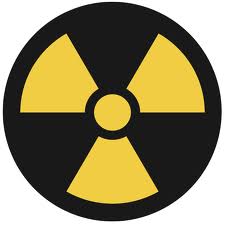Iran and the Nuclear Negotiations in Moscow: The ‘give and take’ of sensitive technology
“Until recently having or not having nuclear weapons appeared to be and was treated as a question of yes or no”, wrote Thomas Schelling in a piece called ‘Who Will have The Bomb’, written in 1976 following India’s first use of a ‘peaceful’ nuclear explosive (PNE). “From now on it will make more sense to describe a country’s nuclear-weapons status not with a yes or a no but with a time schedule”. When this was written, India’s first PNE was viewed by the international community as a lesson learned; it was clearly an example of sensitive technology and nuclear material for peaceful purposes being diverted towards military use. It was alleged that the Indian test had been carried out using plutonium from the CIRUS …

A Lot of Talk: the Seoul Nuclear Security Summit accomplished little
The recently concluded two day Nuclear Security Summit in Seoul (March 26-27) ended with a promise to meet again. It was a follow-up to the first summit in Washington and participants will gather in the Netherlands in 2014 for what will be the third (and final) global summit of its kind. As the name suggests, the focus of the 2012 summit was ‘nuclear security’, a term not to be confused with nuclear plant safety or nuclear safeguard rules set by the International Atomic Energy Agency (IAEA). In simple terms, ‘nuclear security’ is an effort to prevent the use of an atomic bomb by terrorists or illicit actors and provide security against nuclear terrorism. To this end the key participating countries pledged …
Dealing with Iran’s Nuclear Ambitions — and what it means
In the last few weeks, there has been a flood of articles asking and seeking to answer, ‘What is Iran thinking?’. It is an important question and I certainly don’t have an answer. But to try and understand Iran’s motives, we need to put its actions in the social and political context of the norms of the current non-proliferation ‘regime’ and the nuclear reality of today’s world. The media discourse on Iran and nukes should bring to the forefront an old but significant question about the relevance (or rather the irrelevance) of nuclear weapons and the failings of the non-prolifeation regime. This are not new queries. But as much as it sounds like old wine in a new bottle, we …










